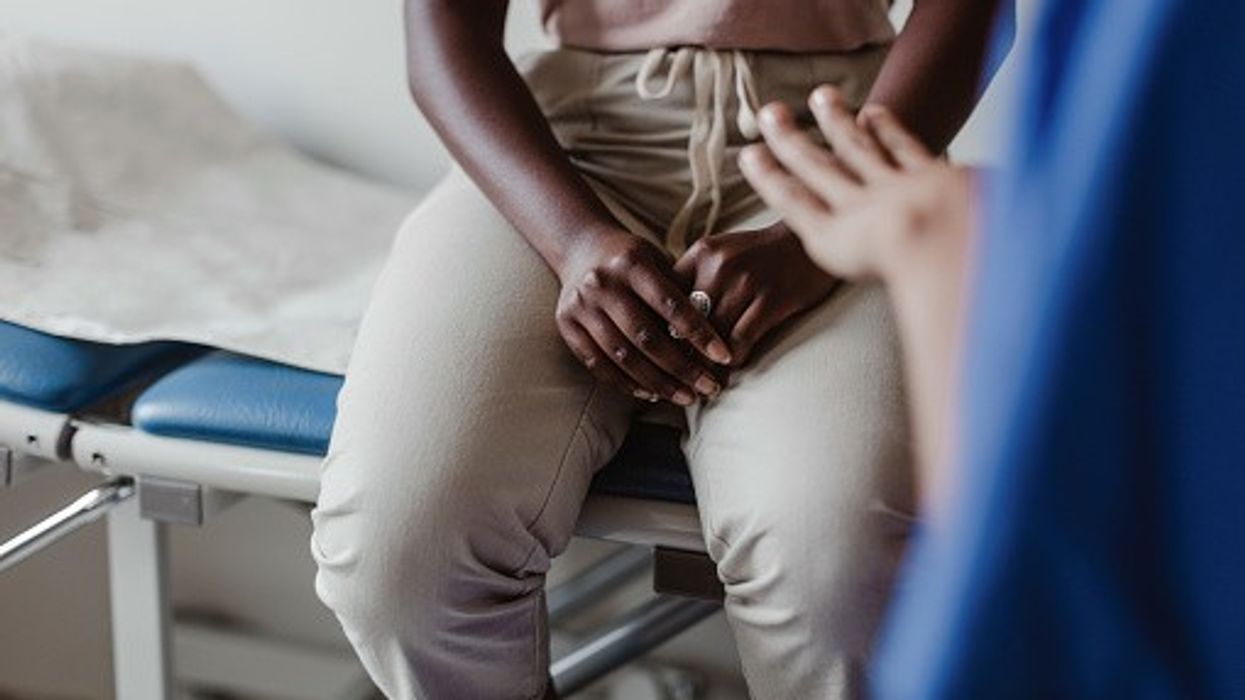A recent survey by the NHS Race and Health Observatory has highlighted a worrying lack of trust in NHS primary care services among Black, Asian, and ethnic minority patients, who reported experiencing “racial or ethnic discrimination.”
Out of 2,680 survey respondents, only 55% reported trusting primary care providers to meet their health needs most or all of the time
Patient trust was impacted by their past experiences, particularly how healthcare professionals behaved towards and communicated with them.
Alarmingly, 51% of participants reported experiencing discrimination, with 38% of Asian respondents and 49% of Black respondents reporting that primary care providers treated them differently due to their ethnicity.
The survey also found that compared to white British patients, ethnic minority groups had worse experiences in their communication with their GP practice and felt taken less seriously.
Professor Habib Naqvi, chief executive of the NHS Race and Health Observatory, stressed the urgency of NHS reform: “We cannot have a two-tier NHS based upon patient ethnicity, background or circumstances.”
“This report reflects the clear need to bring speed and urgency to reform the NHS, so that patients do not face discrimination and systemic barriers when seeking healthcare,” he added.
Dr. Chaand Nagpaul, an Observatory Board Member and general practitioner, emphasised that trust is “the bedrock of the relationship between a healthcare professional and the patient” and even more vital in primary care.
He urged the primary care sector to use these insights to improve communication and health care delivery for the diverse population of patients.
Many patients from ethnic minority communities reported high rates of not feeling listened to by midwives and raised concerns about Islamophobia and religious bias in healthcare settings.
The survey also highlighted lack of medical competence, cultural awareness and resources regarding health conditions that disproportionately affect ethnic minority communities, including sickle cell disorder, lupus, and diabetes.
Key Recommendations
To address these disparities, the report made several recommendations, including development of a framework to “assess, evaluate and hold healthcare providers accountable for addressing ethnic health disparities.”
The report suggested that Integrated Care Systems should work with local communities to improve levels of trust in accessing primary care services in local communities.
Furthermore, it stressed the importance of raising awareness amongst healthcare professionals about racial and ethnic disparities in patient experience of primary care, and its impact on health outcomes.
Acknowledging the report’s concerning findings, Professor Kamila Hawthorne, chair of the Royal College of GPs, noted “Patients must be able to access care without facing discrimination.”
“This report makes for very difficult reading - it is disheartening to see the number of patients who report negative experiences in primary care.”
She reaffirmed that addressing health inequalities remains a major priority for the Royal College of GPs, assuring that they will continue working hard to ensure all patients can access “safe, trustworthy and inclusive care.”
Cost of Racism to the NHS
A recent paper from the independent health organisation has underscored how racism not only impacts people’s health and well-being but also puts “an unnecessary financial burden on the NHS and a cost to the economy.”
The study proposed adopting an economic approach to estimating the cost of racism similar to 'Cost of Illness' and 'Burden of Disease' analyses to quantify the monetary value to individuals, the NHS, and society.
The review highlighted existing institutional discrimination and racial health inequities across the NHS in England, including poorer maternal and mental health outcomes for ethnic minority patients, late diagnoses of cancer and other diseases, unequal access to healthcare including medical trials and personalised medicine, and wider disparities in the quality of healthcare treatment.
The Labour government has positioned economic growth at the heart of its policy agenda.
However, the report noted that achieving this vision requires confronting a significant barrier – the effect of racism on the health and wellbeing of the population.
“We know the human cost of the impact racial discrimination in society and in healthcare is having on all patients, communities and the workforce. What we don’t know are the less obvious economic costs to society and the NHS of such discrimination,” said Professor Naqvi.
“Exploring the exact scale of the broader economic costs of racial discrimination on the NHS, and on taxpayers, is a crucial next step in our understanding of the burden of racism,” he added.













